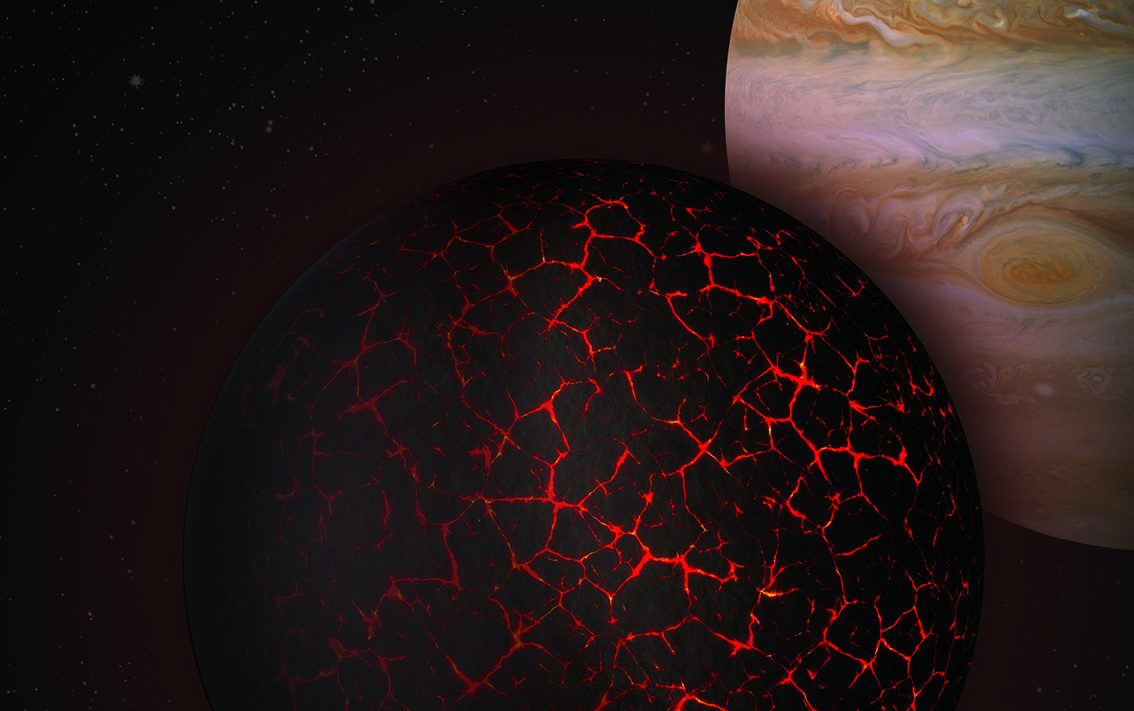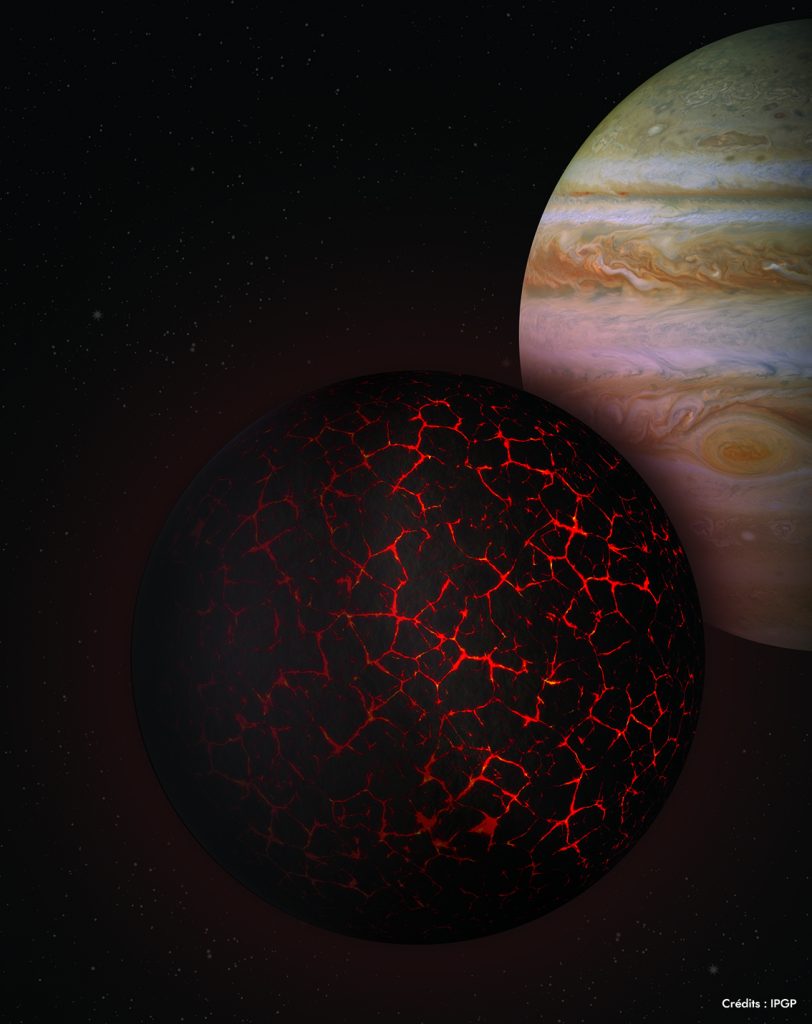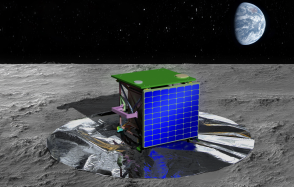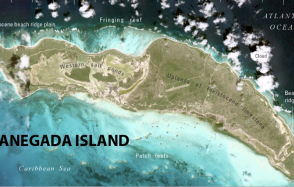Mars, express formation!
The geochemical study of a meteorite makes it possible to evaluate the formation time of the planet Mars.

Publication date: 28/07/2018
Press, Research
Related teams :
Cosmochemistry, Astrophysics and Experimental Geophysics (CAGE)
Related themes : Origins









